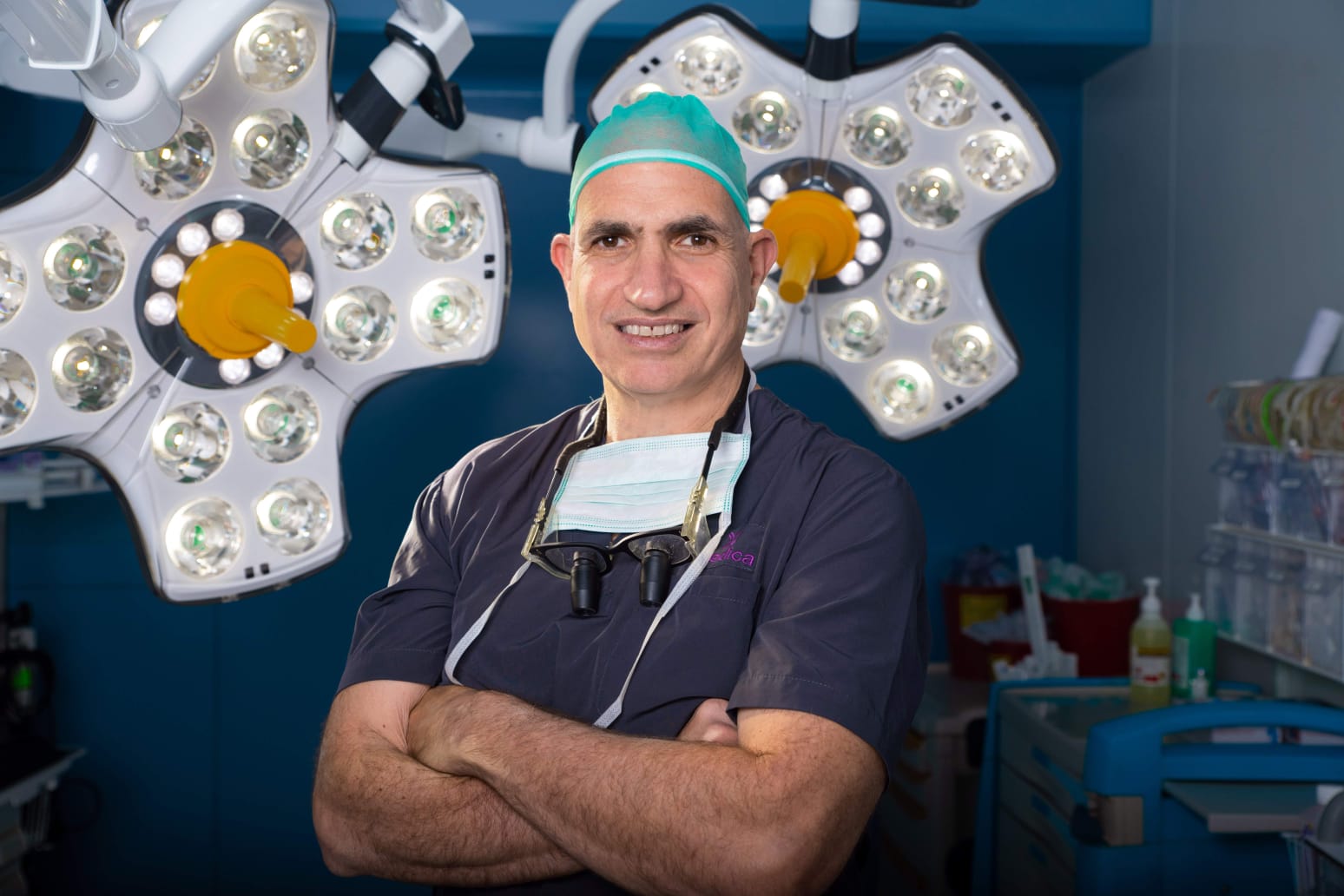Thinking about starting IVF and wondering what your chances are the first time around? You’re not alone. One of the biggest questions couples ask is: What’s the success rate of IVF treatment for the first time? The truth is, it depends on factors like age, health conditions, and the clinic you choose.
On average, women under 35 have a 40–50% success rate per IVF cycle, but results can vary. In this article, we’ll break down what affects your chances, what to expect during your first IVF cycle, and tips to boost success right from the start. Let’s help you go in informed and hopeful.
Success Rate Of IVF Treatment In First Time
In vitro fertilization (IVF) is a complex process that offers hope to many couples struggling with infertility. The success rate of IVF treatment in first-time attempts can vary significantly based on several factors. Understanding these success rates is crucial for setting realistic expectations. Generally, the success rate for first-time IVF treatments ranges from 20% to 35%, depending on the age and health of the individuals involved.
- Success rates vary by age and health
- First-time success rates range from 20% to 35%
- Factors like age and health play a significant role
Average First-Time IVF Success Rates by Age
Age is a critical factor in determining the success of IVF treatments. Women under 35 have a higher success rate, often around 40–50%, while those over 40 may experience success rates as low as 10%. This decline is primarily due to the natural decrease in fertility as women age.
- Women under 35: ~40–50% success rate
- Women 35-40: ~20-30% success rate
- Women over 40: ~10% success rate
Factors Influencing First-Time IVF Success
Several factors can influence the success of first-time IVF treatments. These include the quality of the eggs and sperm, the health of the uterus, and lifestyle factors such as diet and stress levels. Each of these elements can significantly impact the likelihood of a successful pregnancy.
- Egg and sperm quality
- Uterine health
- Lifestyle factors like diet and stress
How Does IVF Work?
The IVF Process Explained
IVF involves several steps, starting with ovarian stimulation to produce multiple eggs. These eggs are then retrieved and fertilized with sperm in a lab. The resulting embryos are monitored for development before being transferred to the uterus.
- Ovarian stimulation
- Egg retrieval and fertilization
- Embryo development and transfer
Key Stages of IVF Treatment
The key stages of IVF treatment include initial consultations, ovarian stimulation, egg retrieval, fertilization, and embryo transfer. Each stage is critical to the overall success of the treatment and requires careful monitoring by medical professionals.
- Initial consultation and testing
- Ovarian stimulation and egg retrieval
- Embryo transfer and monitoring
Factors Impacting IVF Success
Age and Fertility
Age is one of the most significant factors affecting fertility and IVF success. As women age, the quantity and quality of their eggs decline, reducing the chances of a successful pregnancy. Men also experience a decline in sperm quality with age, though it is less pronounced.
- Decline in egg quality with age
- Reduced fertility in older women
- Impact of male age on sperm quality
Egg and Sperm Quality
The quality of eggs and sperm is crucial for successful fertilization and embryo development. Poor quality can lead to failed fertilization or abnormal embryos, reducing the chances of a successful pregnancy.
- Importance of high-quality eggs and sperm
- Impact on fertilization and embryo development
- Strategies to improve egg and sperm quality
Uterine Health
A healthy uterus is essential for embryo implantation and pregnancy maintenance. Conditions like fibroids or endometriosis can affect uterine health and reduce the chances of a successful IVF treatment.
- Importance of a healthy uterus
- Impact of conditions like fibroids
- Strategies to improve uterine health
Lifestyle Factors
Lifestyle factors such as diet, exercise, and stress levels can significantly impact IVF success. Maintaining a healthy lifestyle can improve fertility and increase the chances of a successful pregnancy.
- Impact of diet and exercise on fertility
- Importance of stress management
- Lifestyle changes to improve IVF success
Increasing First-Time IVF Success Rates
Preconception Health Optimization
Optimizing health before conception can improve the chances of a successful IVF treatment. This includes maintaining a healthy weight, eating a balanced diet, and managing stress levels.
- Importance of preconception health
- Strategies for health optimization
- Impact on IVF success rates
Choosing the Right Fertility Clinic
Selecting a reputable fertility clinic with experienced specialists can significantly impact IVF success rates. Clinics with high success rates often have advanced technology and skilled staff.
- Importance of choosing the right clinic
- Factors to consider when selecting a clinic
- Impact of clinic choice on success rates
Advanced Embryo Selection Techniques
Advanced techniques such as preimplantation genetic testing can improve the chances of selecting healthy embryos for transfer, increasing the likelihood of a successful pregnancy.
- Benefits of advanced embryo selection
- Techniques like preimplantation genetic testing
- Impact on IVF success rates
What to Expect During First-Time IVF
Initial Consultation and Testing
The initial consultation involves a thorough evaluation of both partners to identify any underlying issues that may affect fertility. This stage is crucial for developing a personalized treatment plan.
- Importance of initial consultation
- Types of tests conducted
- Development of a personalized treatment plan
Ovarian Stimulation and Egg Retrieval
Ovarian stimulation involves using medication to encourage the ovaries to produce multiple eggs. Once mature, these eggs are retrieved through a minor surgical procedure.
- Process of ovarian stimulation
- Egg retrieval procedure
- Importance of monitoring during stimulation
Embryo Transfer and Two-Week Wait
After fertilization, the best-quality embryos are selected for transfer to the uterus. The two-week wait following the transfer is a critical period where the embryo implants and pregnancy is confirmed.
- Process of embryo transfer
- Importance of the two-week wait
- Monitoring and confirmation of pregnancy
Finding the Right Fertility Team
Qualities to Look for in a Fertility Specialist
Choosing a fertility specialist with experience, empathy, and a good track record is essential for a successful IVF journey. A supportive team can make a significant difference in the treatment experience.
- Importance of experience and empathy
- Track record of success
- Supportive and communicative team
Importance of Embryology Lab Expertise
The expertise of the embryology lab is crucial for the success of IVF treatments. Skilled embryologists ensure the best possible outcomes during fertilization and embryo development.
- Role of the embryology lab in IVF
- Importance of skilled embryologists
- Impact on treatment success
IVF Success Rates for Singleton Pregnancies
Single Embryo Transfer Benefits
Transferring a single embryo reduces the risk of multiple pregnancies, which can lead to complications. This approach is often recommended for younger women with high-quality embryos.
- Benefits of single embryo transfer
- Reduced risk of multiple pregnancies
- Recommended for younger women
Multiple Pregnancy Risks
Multiple pregnancies carry higher risks for both the mother and babies, including preterm birth and low birth weight. Reducing the number of embryos transferred can minimize these risks.
- Risks associated with multiple pregnancies
- Impact on maternal and infant health
- Strategies to minimize risks
Enhancing IVF Success Through Lifestyle Changes
Maintaining a Healthy BMI
Maintaining a healthy body mass index (BMI) is crucial for fertility and IVF success. Both underweight and overweight individuals may experience reduced fertility and increased pregnancy complications.
- Importance of a healthy BMI
- Impact on fertility and pregnancy
- Strategies for achieving a healthy weight
Nutrition and Supplementation
A balanced diet rich in essential nutrients can improve fertility and support a healthy pregnancy. Supplements like folic acid and vitamin D are often recommended to enhance reproductive health.
- Role of nutrition in fertility
- Recommended supplements for reproductive health
- Impact on IVF success
Stress Reduction Techniques
Managing stress is vital for improving fertility and increasing the chances of a successful IVF treatment. Techniques such as yoga, meditation, and counseling can be beneficial.
- Importance of stress management
- Effective stress reduction techniques
- Impact on fertility and IVF success
Understanding IVF Costs and Insurance Coverage
Average IVF Treatment Costs
IVF treatment can be expensive, with costs varying based on location, clinic, and specific treatment needs. On average, a single IVF cycle can cost between 2,000 and 5,000.
- Average cost of IVF treatment
- Factors affecting treatment costs
- Importance of financial planning
Insurance Options for Fertility Treatments
Some insurance plans offer coverage for fertility treatments, though coverage can vary widely. It’s essential to understand your insurance options and any potential out-of-pocket expenses.
- Overview of insurance coverage for IVF
- Variability in coverage options
- Importance of understanding insurance policies
Final Thoughts
The success rate of IVF treatment in first-time attempts can be influenced by various factors, including age, health, and lifestyle. By understanding these factors and making informed choices, individuals can improve their chances of a successful pregnancy. It’s essential to work with a skilled fertility team and consider all available options to optimize outcomes.
Frequently Asked Questions
What is the average success rate of IVF on the first try?
The average success rate of IVF on the first try ranges from 20% to 35%, depending on factors like age and health. Younger women generally have higher success rates, while older women may experience lower rates.
At what age is IVF most successful?
IVF is most successful for women under the age of 35, with success rates around 40%. As women age, the success rates decline due to decreased egg quality and quantity.
How many IVF cycles does it typically take to get pregnant?
On average, it may take two to three IVF cycles to achieve a successful pregnancy. However, this can vary based on individual circumstances and factors like age and health.
Can anything be done to improve IVF success rates?
Yes, several strategies can improve IVF success rates, including optimizing preconception health, choosing the right fertility clinic, and using advanced embryo selection techniques. Lifestyle changes can also play a significant role.
What are the main factors affecting IVF success?
The main factors affecting IVF success include age, egg and sperm quality, uterine health, and lifestyle factors. Each of these elements can significantly impact the likelihood of a successful pregnancy.


